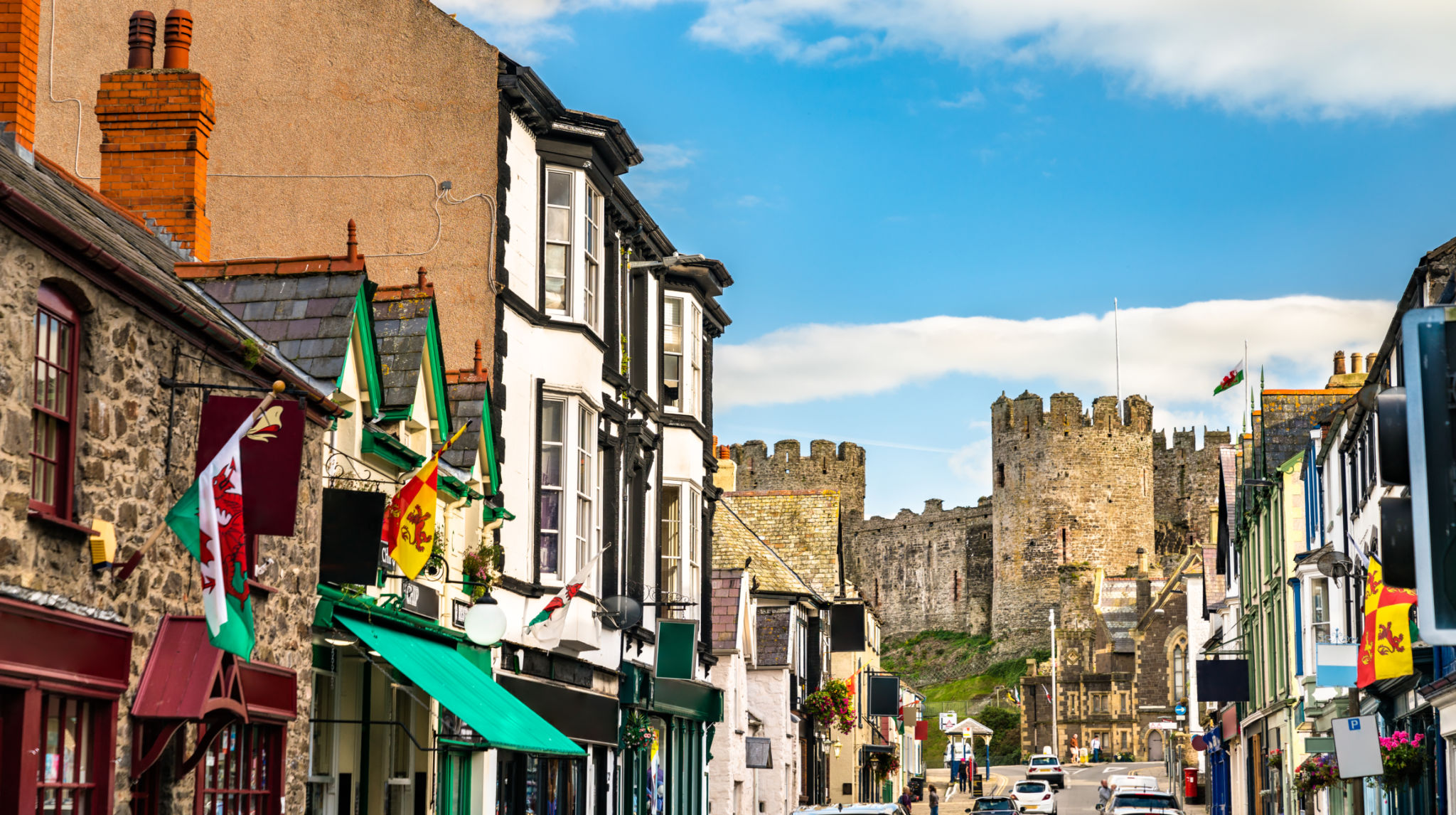Expert Insights: Navigating Local Property Regulations in Conwy
Understanding Local Property Regulations in Conwy
Navigating property regulations can be daunting, especially in areas with unique local governance such as Conwy. This region, known for its stunning landscapes and historic sites, has specific guidelines that property owners and prospective buyers must understand. Here, we delve into the intricacies of these regulations to help you make informed decisions.

Planning Permissions and Building Regulations
In Conwy, obtaining planning permission is a crucial step in any property development or renovation project. The local planning authority oversees applications, ensuring proposed changes align with environmental and aesthetic standards. It’s important to submit detailed plans and understand that the process may take several weeks for approval.
Building regulations are equally important, ensuring that construction meets safety and quality standards. These regulations cover aspects such as structural integrity, fire safety, and energy efficiency. Engaging a qualified inspector can help navigate these requirements smoothly.

Conservation Areas and Listed Buildings
Conwy is home to numerous conservation areas and listed buildings, each with its own set of regulations. Properties in conservation areas require special attention to maintain the character of the locale. Any alterations must preserve or enhance the area's architectural integrity.
Listed buildings, on the other hand, are protected due to their historical significance. Owners must obtain listed building consent for any modifications, ensuring changes do not compromise the historical value. Consulting with heritage specialists can provide invaluable guidance in these cases.

Environmental Considerations
The natural beauty of Conwy is one of its greatest assets, and local regulations reflect a strong commitment to environmental protection. Property developments must adhere to guidelines that minimize ecological impact, including restrictions on developments near protected sites or habitats.
Sustainable building practices are encouraged, with incentives available for eco-friendly designs and renewable energy installations. Understanding these incentives can not only benefit the environment but also reduce long-term costs for property owners.
Working with Local Experts
Given the complexity of property regulations in Conwy, partnering with local experts can be invaluable. Real estate agents familiar with the area can provide insights into market trends and potential regulatory hurdles. Similarly, local architects and builders often have established relationships with regulatory bodies, which can expedite the approval process.
Legal advisors specializing in Welsh property law can also offer essential guidance, ensuring all legal obligations are met. With their expertise, you can navigate the regulatory landscape with confidence.

Conclusion
Successfully managing property regulations in Conwy requires a combination of knowledge, preparation, and the right partnerships. By understanding planning permissions, conservation requirements, and environmental considerations, property owners can ensure compliance while maintaining the unique character of this beautiful region.
Whether you are buying, selling, or developing property in Conwy, staying informed and connected with local experts will make your journey smoother and more rewarding.